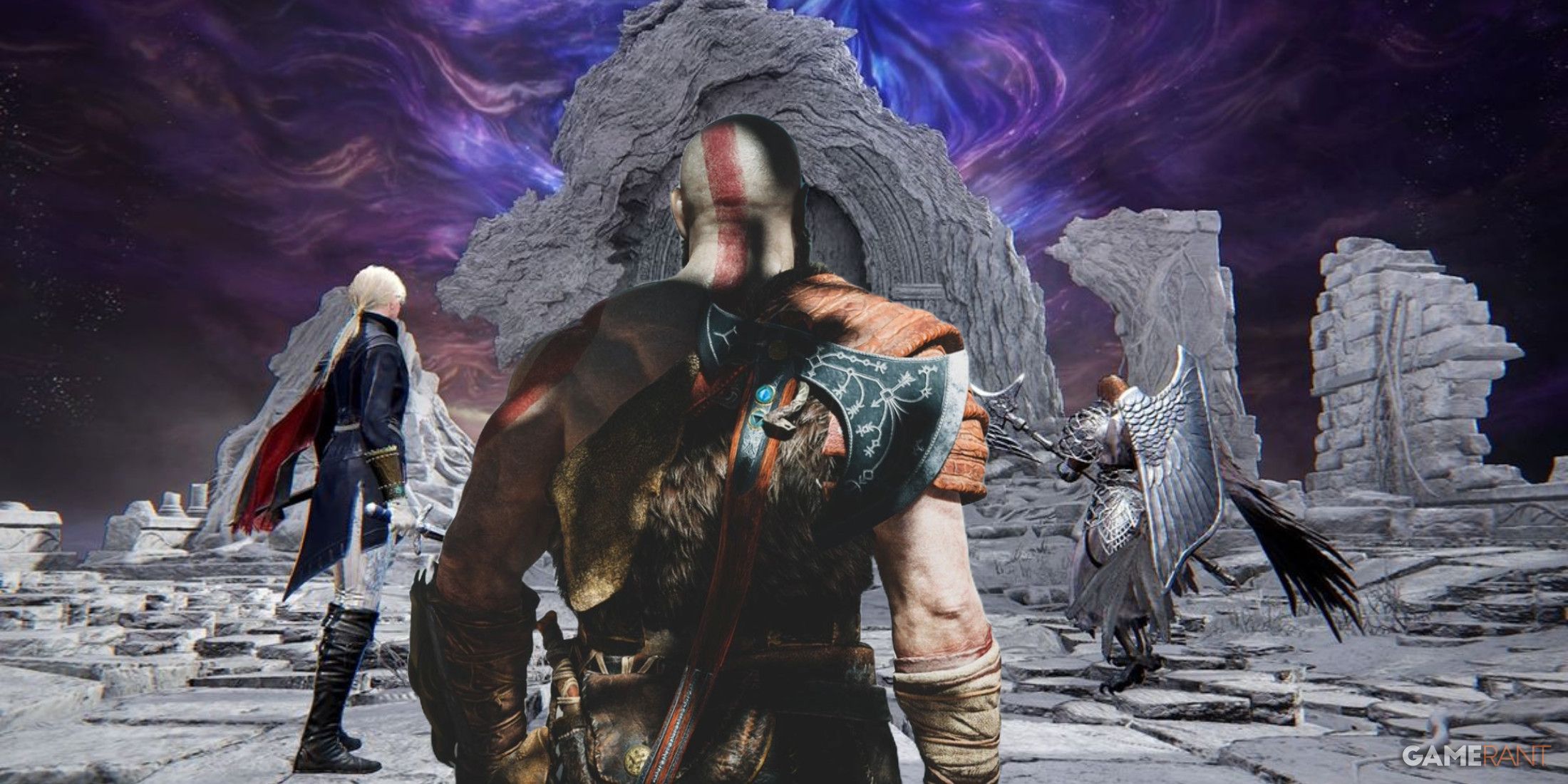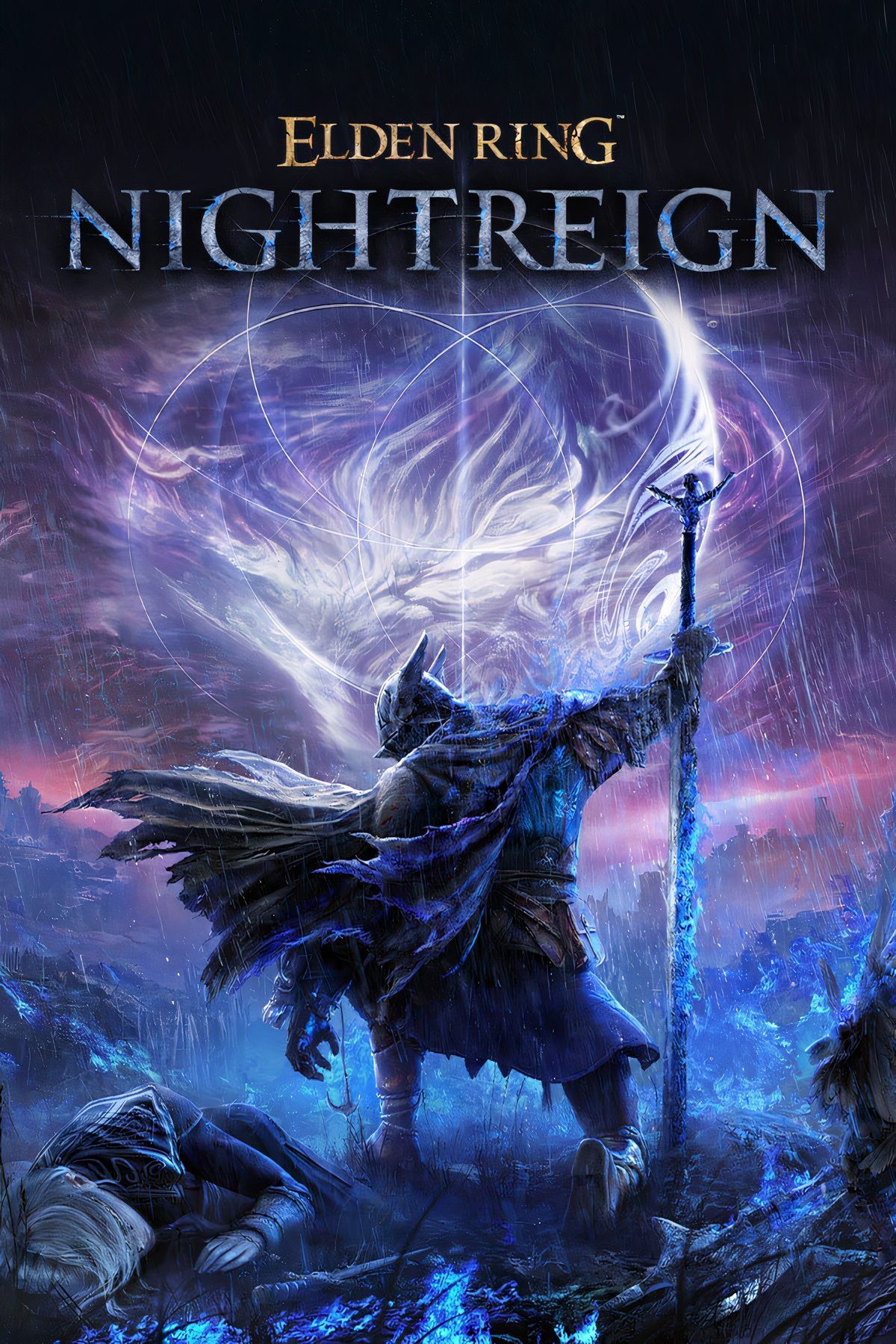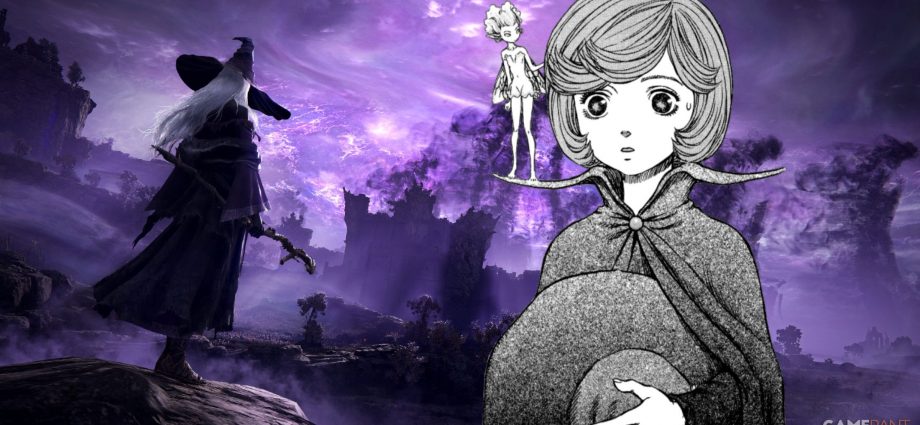It should come as no surprise to FromSoftware fans that the studio has a fondness for the long-running manga Berserk, which has served as a clear inspiration for everything from Dark Souls to Sekiro: Shadows Die Twice. This year’s Elden Ring Nightreign is no different, clearly channeling the gruesome, brutal, and emotional energy of the late Kentaro Miura’s magnum opus. But while Nightreign is relatively sparse in the plot department, it’s actually surprisingly Berserk-like in many ways.
Minor spoilers for Berserk ahead.
To understand why Elden Ring Nightreign is like Berserk, it’s worth giving a quick overview of the latter. Started in 1989 and still going today, Berserk follows Guts, a man plagued by regret, trauma, and rage. From the moment he is born, the world is cruel to him, but it isn’t until gaining and losing a newfound family as a young adult that Guts fully embraces his dark, vengeful destiny. In the path of his wrath is the Godhand, a group of demonic, unbelievably powerful entities whose deadly Apostles are spread across the medieval country where the story takes place. With the help of a ragtag group of surprisingly capable misfits, Guts seeks to realize his mission and achieve some semblance of peace.

Related
Why Fans of God of War Ragnarok’s Valhalla DLC Should Check Out Elden Ring Nightreign
Elden Ring Nightreign is an easy purchase for Elden Ring fans, but it might be suited to God of War Ragnarok Valhalla players as well.
Why Elden Ring Nightreign Feels Like Berserk
Nightreign’s Boss-Centric Formula Feels a Lot Like Berserk’s ‘Villain of the Week’ Stories
Berserk stands out from other manga in a number of key ways, but it’s not above the medium’s most common tropes. Specifically, Berserk will often feature smaller subplots centered on individual antagonists posing a significant threat, even to the story’s formidable protagonists. In a sense, characters like Zodd, Ganishka, and Grunbeld are like mini-bosses for Guts and his crew to defeat on their path to the final boss, much like the formula of a typical action-oriented video game.
It’s also rather similar to the quasi boss rush structure of Elden Ring Nightreign, where players are specifically tasked with taking down uber-powerful Nightlords before facing Heolstor, the final threat of the game. Of course, just about every FromSoftware RPG has smaller bosses leading up to an ultimate encounter, but the positioning of Nightreign‘s Nightlords as almost demi-god-like beasts, hyped up over the course of a run, is arguably the studio’s closest parallel to an antagonist arc in a manga like Berserk.
One key element of Berserk that FromSoftware games have never reflected is its focus on interpersonal relationships, community, and teamwork. Without spoiling anything, Guts’ journey is heavily centered on him finding peace with people he can trust, leading him to partner with characters like Casca, Schierke, and Puck. While Elden Ring Nightreign doesn’t quite have the same emotional nuance in its character interactions, it is an ensemble story, which is remarkably different from the lonesome solo adventures of previous FromSoftware action-RPGs.
One could even draw parallels between Nightreign‘s Nightfarers and Berserk‘s principal cast. For instance, Wylder’s use of greatswords and an arm cannon is reminiscent of Guts’ fighting style, Duchess’ agility feels like a blend between Serpico’s and Casca’s combat styles, Recluse is a sorceress like Schierke, and Ironeye’s relentless assassin’s mindset and high dexterity has parallels in Irvine, the archer Apostle.
Naturally, these are common character archetypes; it would be unfair to pretend that they were inspired solely by Berserk. At the same time, the prevalence of these archetypes, coupled with Nightreign‘s explicit emphasis on teamwork, both in terms of narrative and gameplay, invites Berserk comparisons. Add in the villain of the week subplots formed by individual runs, and Elden Ring Nightreign starts to feel like one of the more explicitly Berserk-inspired entries in FromSoftware’s catalog.

Elden Ring Nightreign
- Released
-
May 30, 2025
- Multiplayer
-
Online Co-Op
- Number of Players
-
1-3
- Steam Deck Compatibility
-
Unknown
- PC Release Date
-
May 30, 2025

